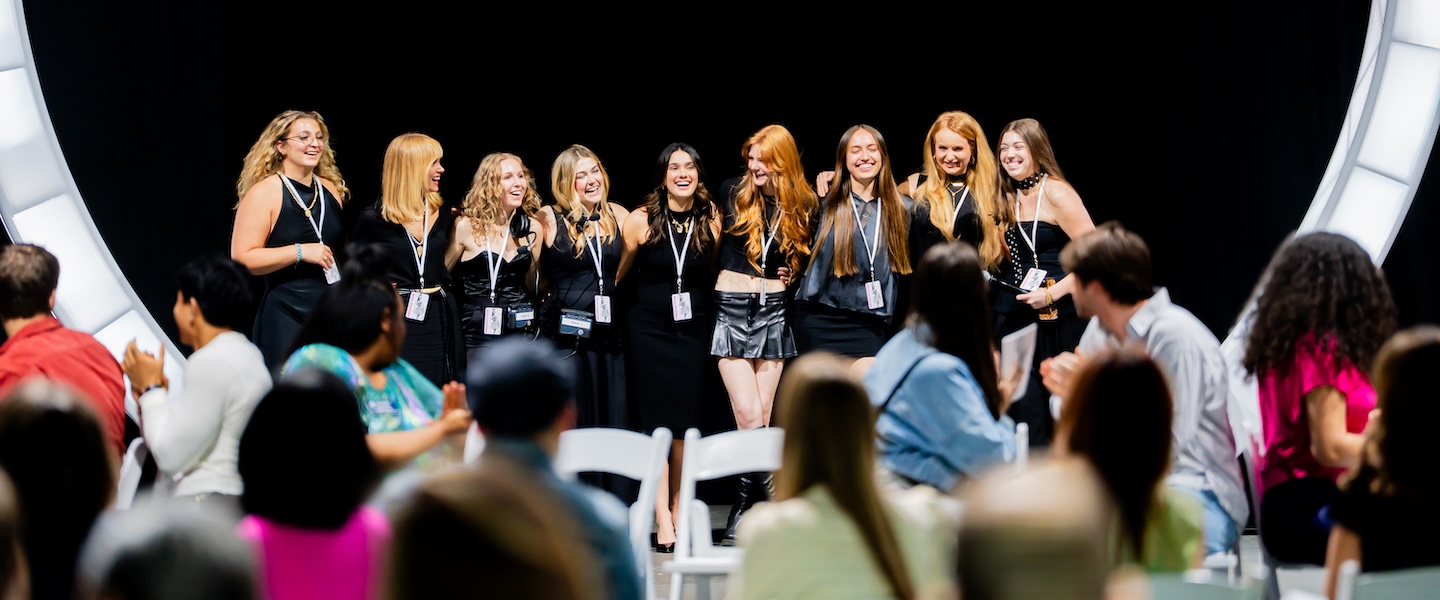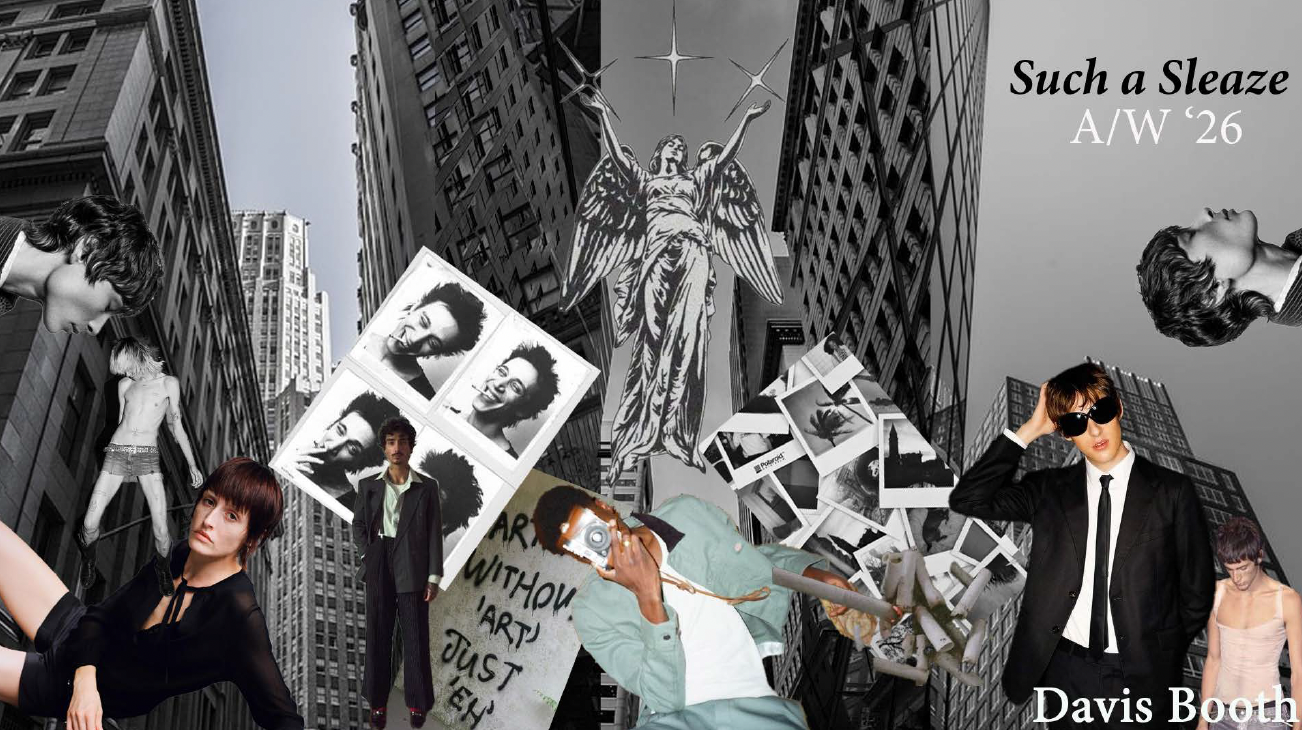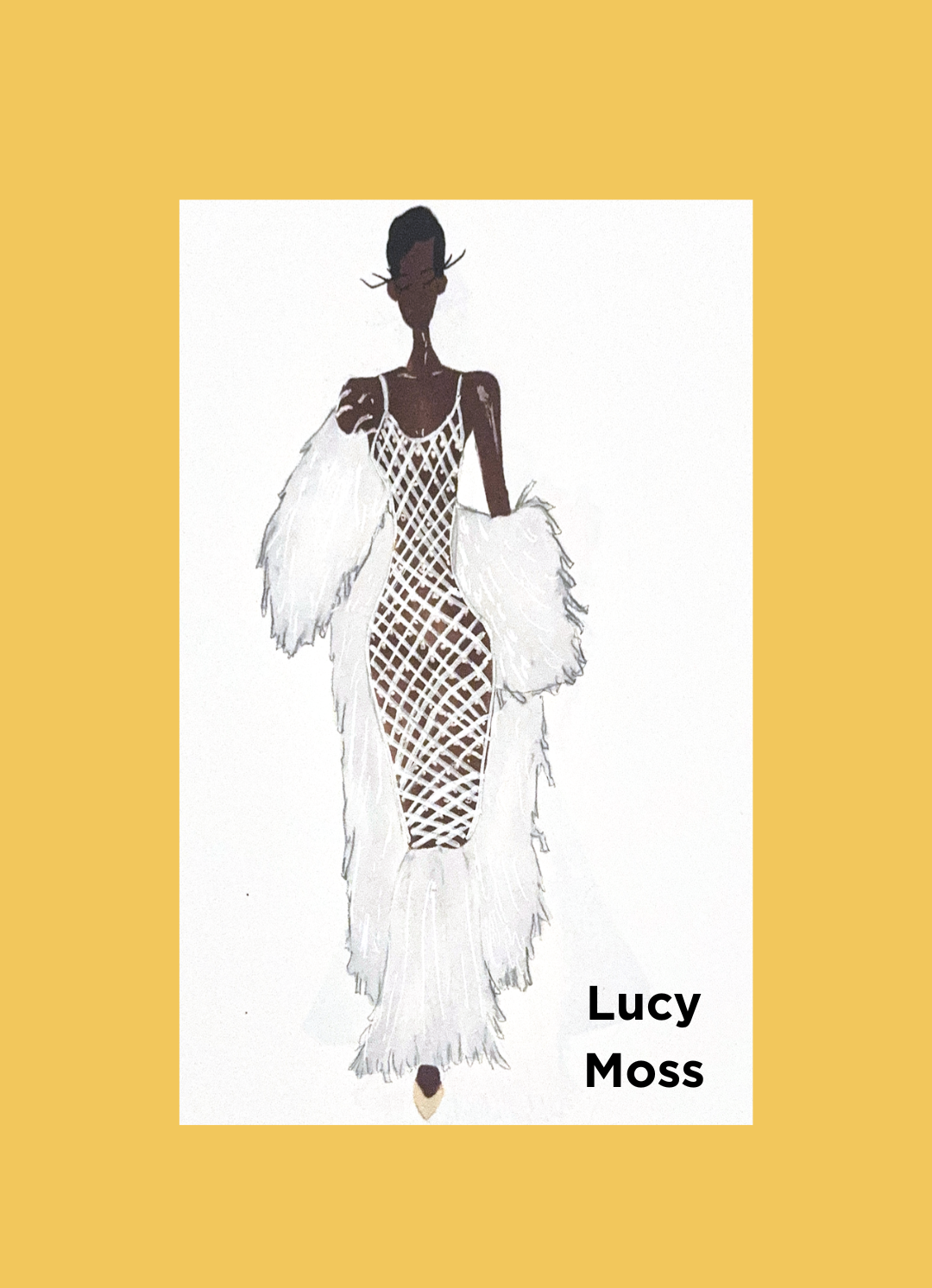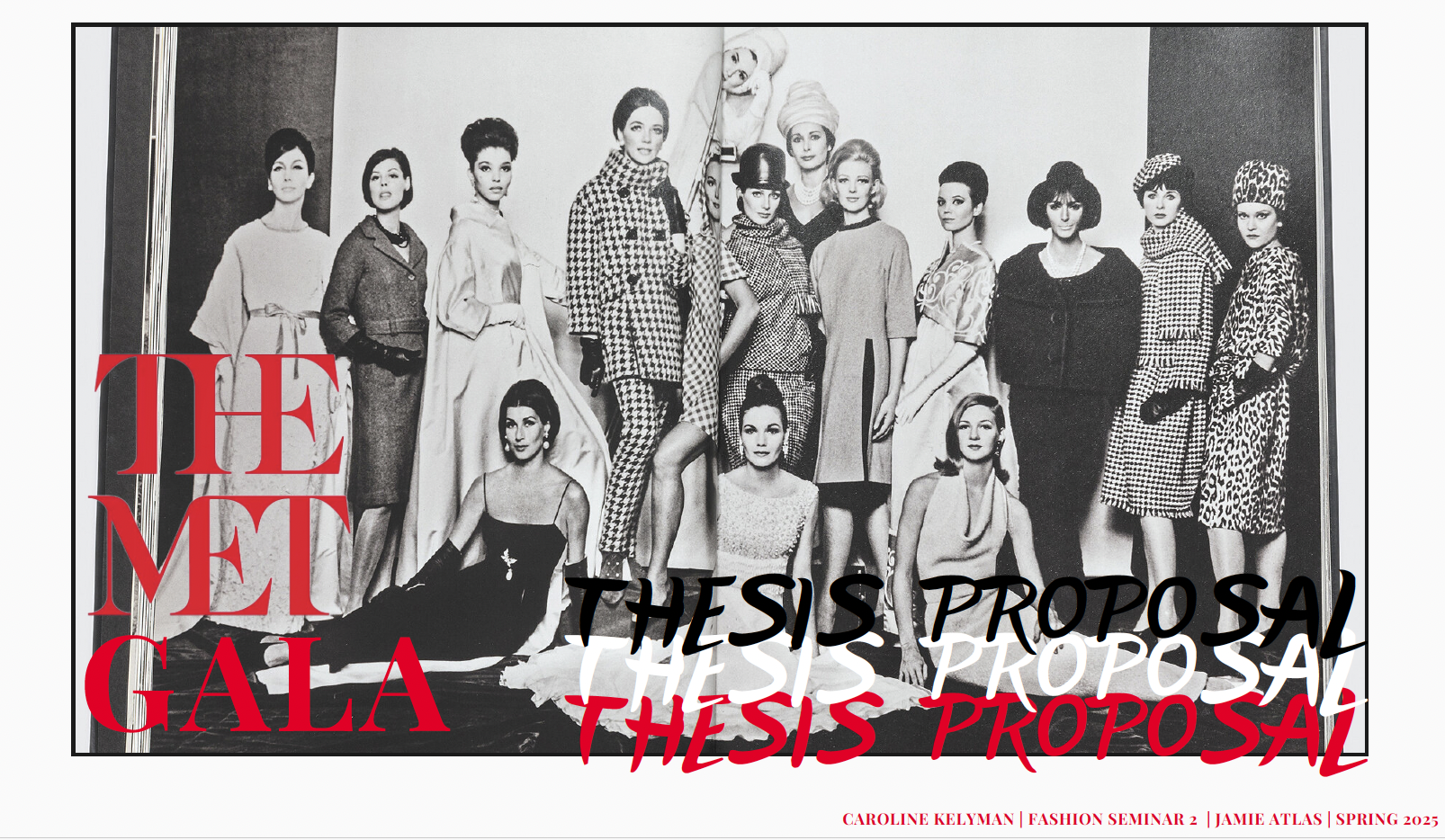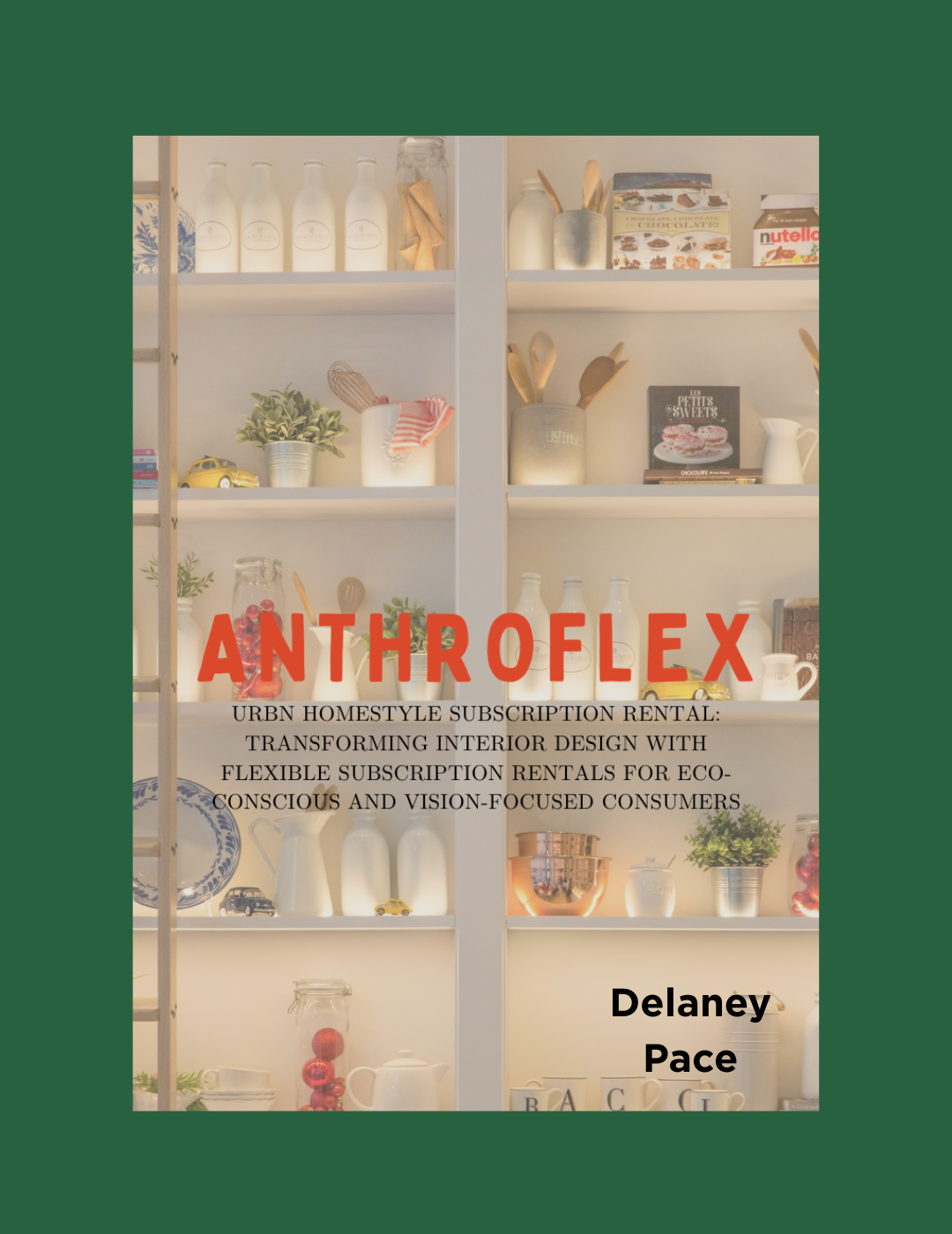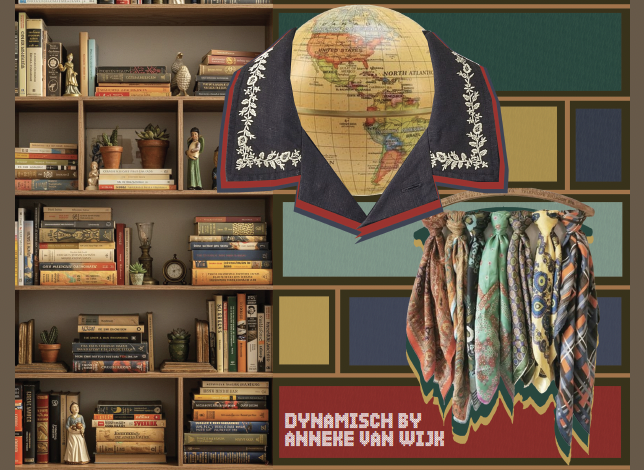Are you passionate about fashion but also drawn to the business side of the industry? A fashion merchandising degree offers the perfect blend of creative expression and commercial strategy, preparing you for a dynamic and rewarding career.
In this article, you'll learn what fashion merchandising entails, explore the key benefits of this degree program and understand how to find the right school for your interests.
What Is Fashion Merchandising?
Fashion merchandising is the business side of fashion that bridges creative design with commercial success.
The role sits at the intersection of marketing and design in the fashion industry. Unlike fashion design, which places more focus on creating garments, accessories and footwear; fashion merchandising encompasses product development, buying, sourcing, marketing and operations.
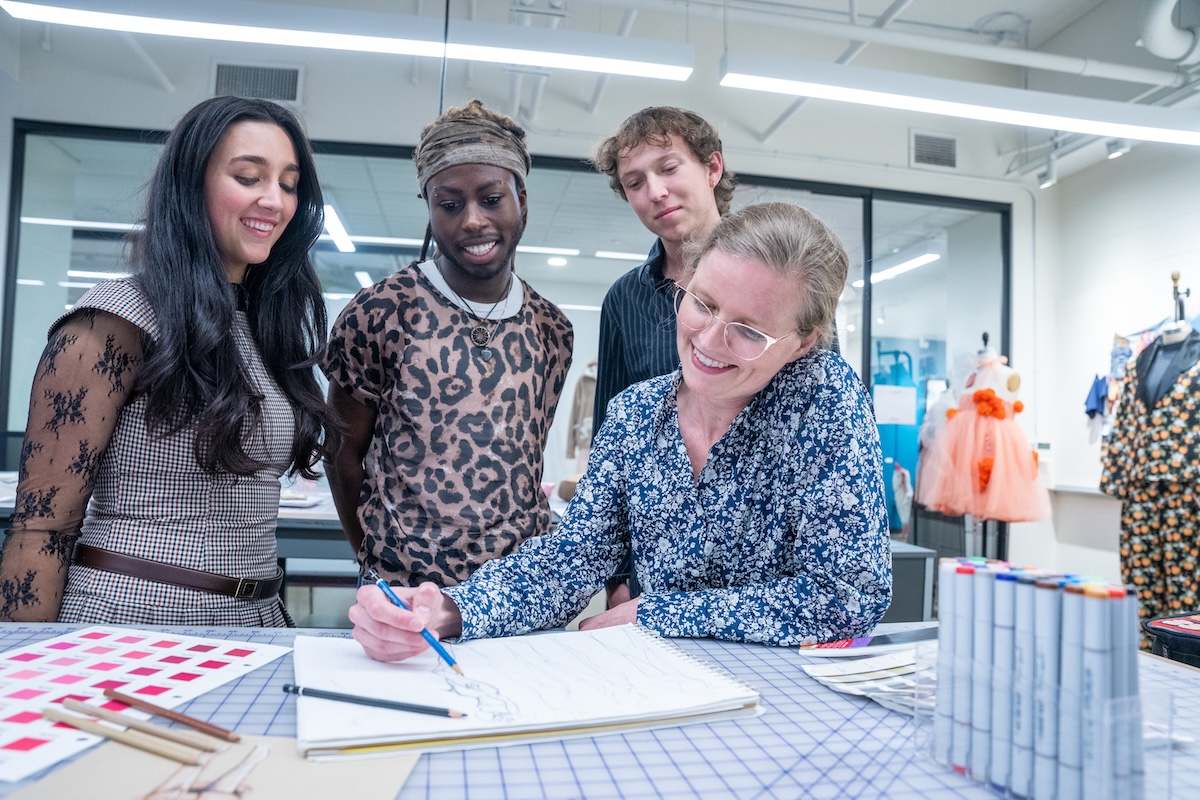
What You'll Get from a Degree in Fashion Merchandising
Fashion merchandising degrees provide a unique blend of creative and business education, preparing students for diverse career opportunities in the retail and fashion industries. Here's what makes these programs valuable for aspiring fashion professionals:
1. Blending Creativity and Business
A fashion merchandising degree equips you with the unique ability to speak both the language of creativity and commerce. Your coursework will balance aesthetic principles with financial analysis, helping you develop a well-rounded skill set that's invaluable in today's competitive market.
Courses include textiles, entrepreneurship, marketing, Adobe Illustrator and Photoshop, and merchandise buying — all of which prepare you for the multifaceted nature of the industry. This dual perspective allows fashion merchandising graduates to bridge the gap between creative concepts and commercial realities.
2. Hands-On Learning Opportunities
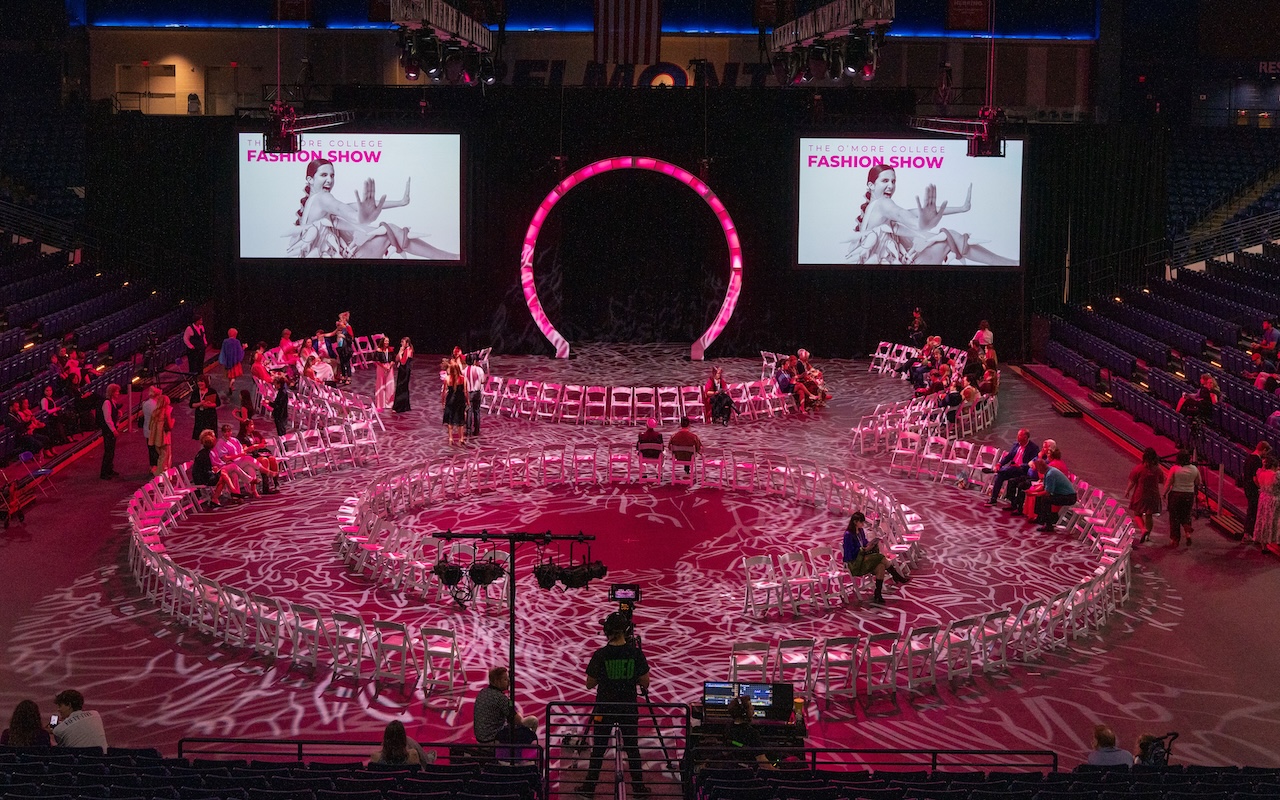 Theory comes alive through practical application in a quality fashion merchandising program. You'll engage in real-world projects like creating merchandising plans, designing store layouts and curating product assortments that build your fashion merchandising portfolio.
Theory comes alive through practical application in a quality fashion merchandising program. You'll engage in real-world projects like creating merchandising plans, designing store layouts and curating product assortments that build your fashion merchandising portfolio.
Students often work on fashion show production, digital merchandising projects and real-life simulation scenarios with established companies in the industry that demonstrate professional-level skills before graduation. These experiences provide tangible examples of your capabilities when seeking fashion merchandising jobs after graduation.
3. Internship and Fashion Industry Network Connections
One of the most valuable aspects of a fashion merchandising degree is the doorway it opens to industry connections. Through internships, guest speakers, fashion events and faculty relationships, you'll begin building your fashion industry network while still in school.
Students frequently intern with national retailers, local boutiques, fashion publications and marketing agencies, gaining experience that supplements classroom learning. These connections often lead to opportunities when you're figuring out how to get a job in fashion merchandising after completing your studies.
Explore this fashion merchandising Q&A to see what has been possible for some of Belmont University’s fashion merchandising students.
4. Skills for the Modern Fashion Industry
Today's fashion landscape is rapidly evolving with digital commerce, AI and sustainability concerns and changing consumer behaviors. A current fashion merchandising degree addresses these shifts by incorporating courses in e-commerce strategies, data analytics, AI, social media marketing, sustainable business practices and consumer psychology.
You'll learn industry-standard technology like Adobe Creative Suite and analytical tools that help merchandisers make data-driven decisions. These skills ensure graduates aren't just prepared for entry-level positions but equipped to adapt as the industry evolves.
5. Preparation for Diverse Career Opportunities
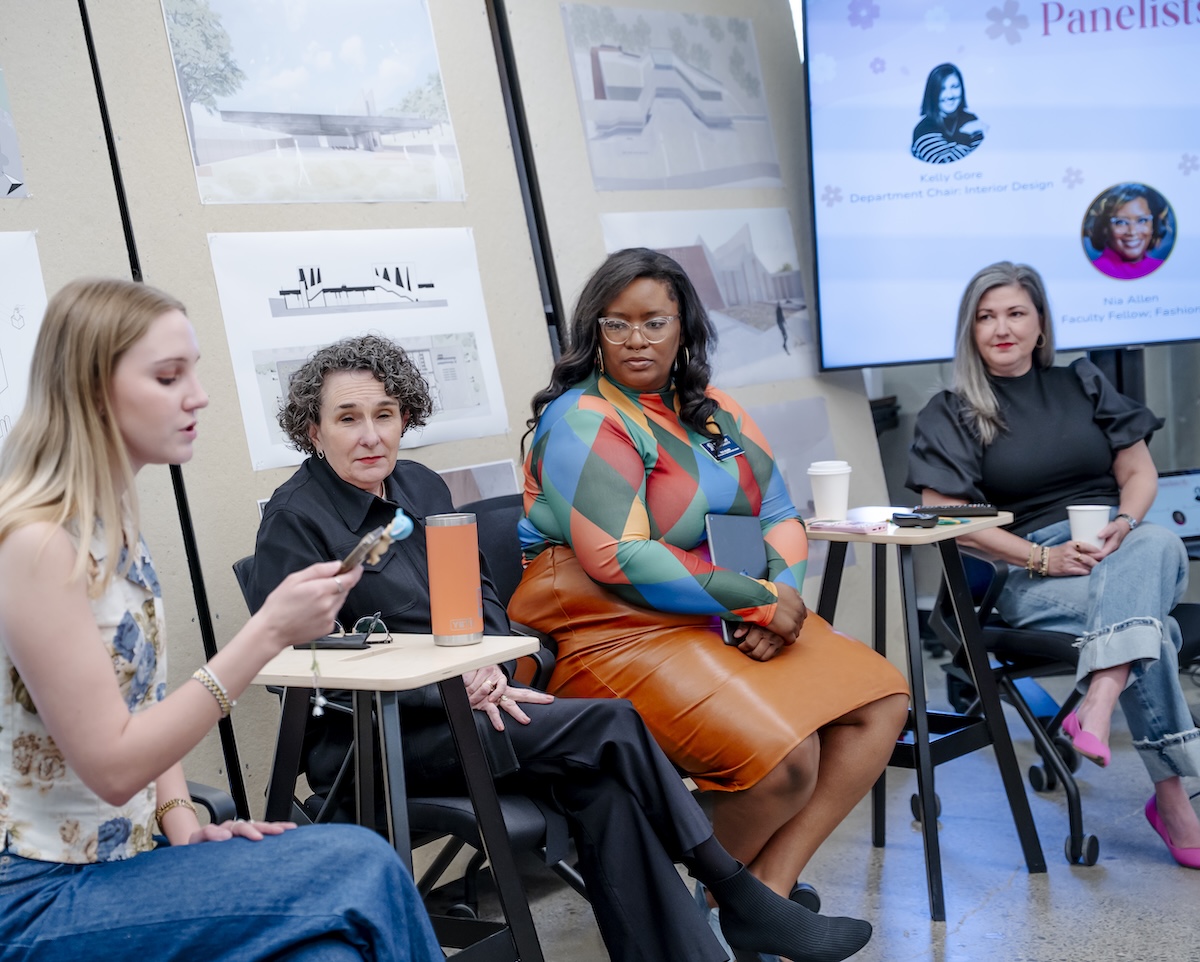 A fashion merchandising degree opens doors to numerous career paths across the industry. The versatile skill set you develop prepares you for roles in both traditional and digital environments.
A fashion merchandising degree opens doors to numerous career paths across the industry. The versatile skill set you develop prepares you for roles in both traditional and digital environments.
Fashion merchandising jobs graduates pursue include:
- Merchandising coordinators
- E-commerce managers
- Fashion forecasters
- Retail buyers
- Merchandise planners
- Visual merchandisers
- Product developers
- Marketing managers
- Fashion event managers
- Wholesale representatives
- Wardrobe consultants
How Do You Pick a School to Study Fashion Merchandising?
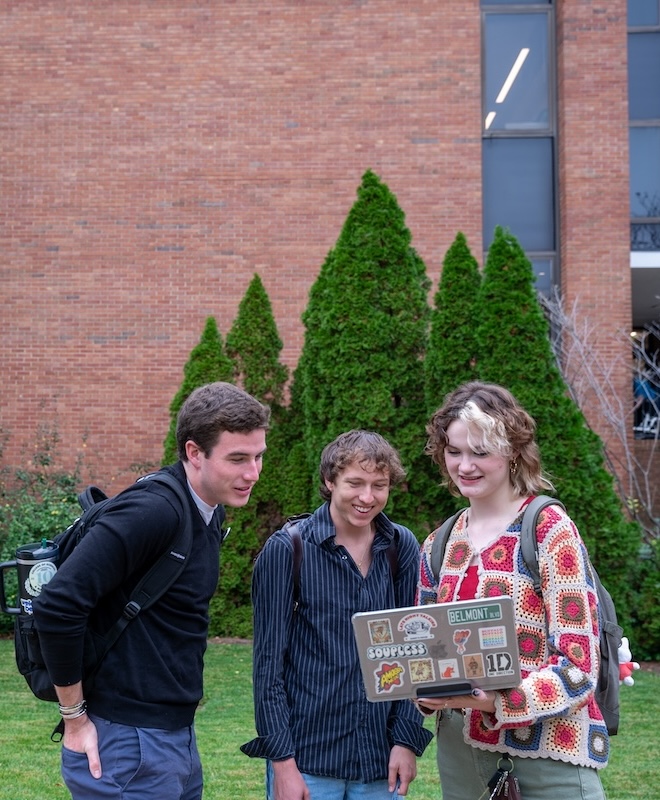 When researching the best fashion merchandising schools, evaluate the curriculum's comprehensiveness and industry relevance. Programs should cover textiles, Adobe Illustrator and Photoshop, apparel manufacturing, marketing, entrepreneurship, merchandise buying and planning, and basics of clothing construction, as well as offer hands-on experiences, like student-run fashion shows.
When researching the best fashion merchandising schools, evaluate the curriculum's comprehensiveness and industry relevance. Programs should cover textiles, Adobe Illustrator and Photoshop, apparel manufacturing, marketing, entrepreneurship, merchandise buying and planning, and basics of clothing construction, as well as offer hands-on experiences, like student-run fashion shows.
Faculty expertise and professional connections are equally important — instructors with industry experience bring valuable insights and contacts to the classroom. Consider the program's location, internship requirements and the success of recent graduates when making your decision.
Do You Need a Degree for Fashion Merchandising?
Yes, a fashion merchandising degree significantly enhances your career prospects and advancement potential. What degree is needed for fashion merchandising? Most employers prefer candidates with a bachelor's degree in fashion merchandising or a related field that combines business and fashion knowledge.
The specialized knowledge, professional connections, and hands-on experience gained through a degree program provide a competitive advantage in the job market. What is a fashion merchandising degree if not an investment in your future career growth and earning potential?
Why Should You Choose Fashion Merchandising at Belmont?
Belmont University’s O’More College of Architecture and Design’s fashion merchandising major stands out for its industry connections in Nashville's growing fashion scene, hands-on learning experiences and comprehensive curriculum.
With Nashville as an established creative hub, students have unique access to both established retail corporations and a thriving independent fashion scene, creating diverse internship opportunities.
O'More fashion merchandising graduates use their advanced skills with companies located in Middle Tennessee, as well as regionally and nationally, including a La Land Creative Co. (Los Angeles, Marc Jacobs (New York), BLC Textiles, Tractor Supply Co., Johnathan Kayne, White House Black Market (Florida) and many others.
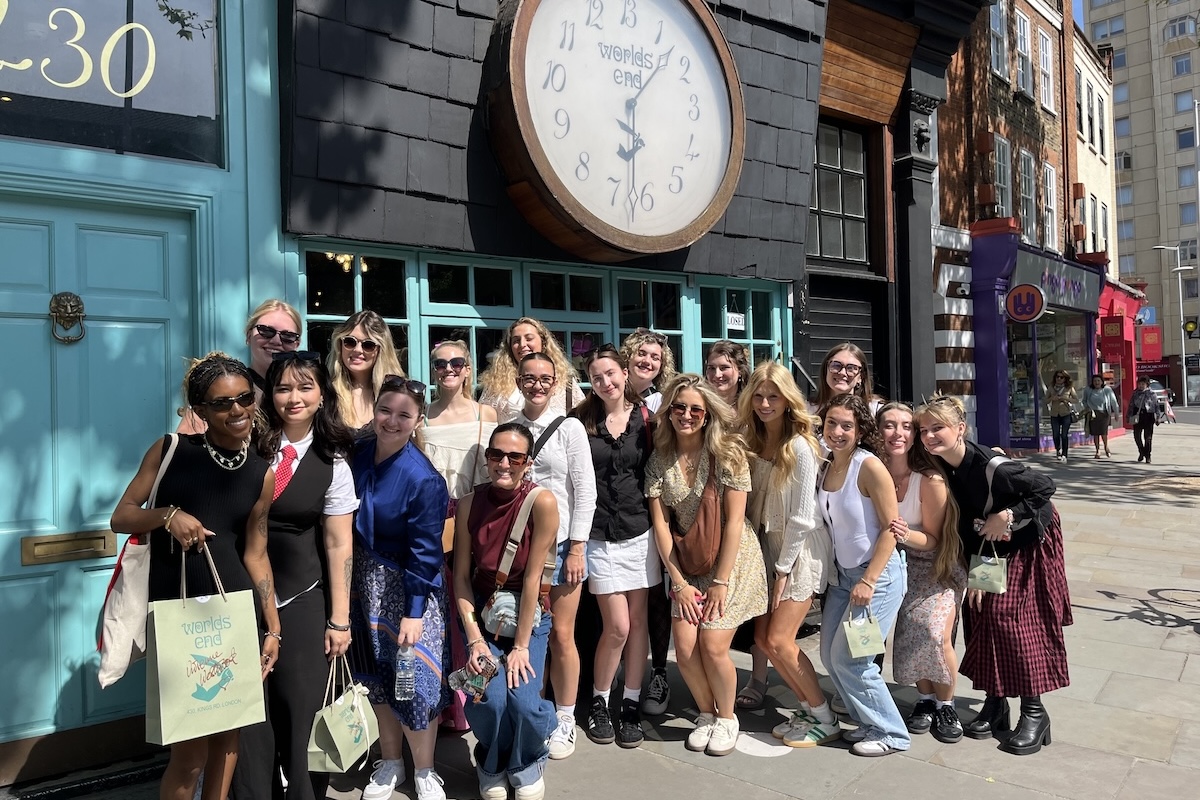
Our small class sizes, personalized mentorship from faculty and a strong alumni networkalready placed in key fashion companies set up Belmont graduates with not just a degree, but with professional relationships and portfolio experiences.
The program features a mission-based approach focused on collaboration, with opportunities to partner with non-profit organizations, study for a semester NYC, in London, Italy or Los Angeles, and join the Belmont chapter of the National Retail Federation Student Association. Belmont also offers an adult degree fashion merchandising program, perfect for those discovering their passion for the industry later or looking to transform their existing fashion experience into a formal qualification.
Ready to transform your passion for fashion into a rewarding career through a fashion merchandising degree?
Learn more about fashion merchandising at Belmont:

